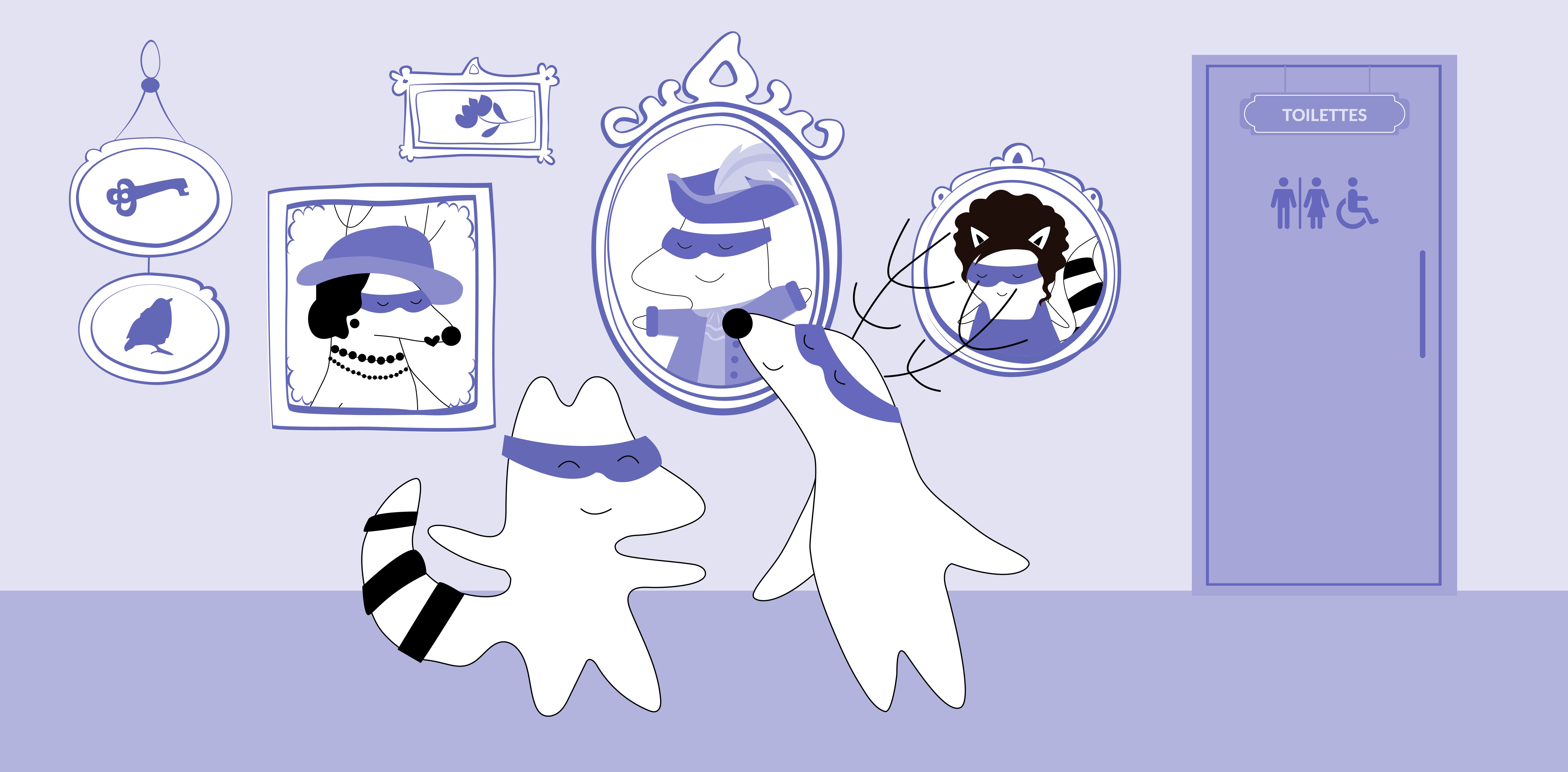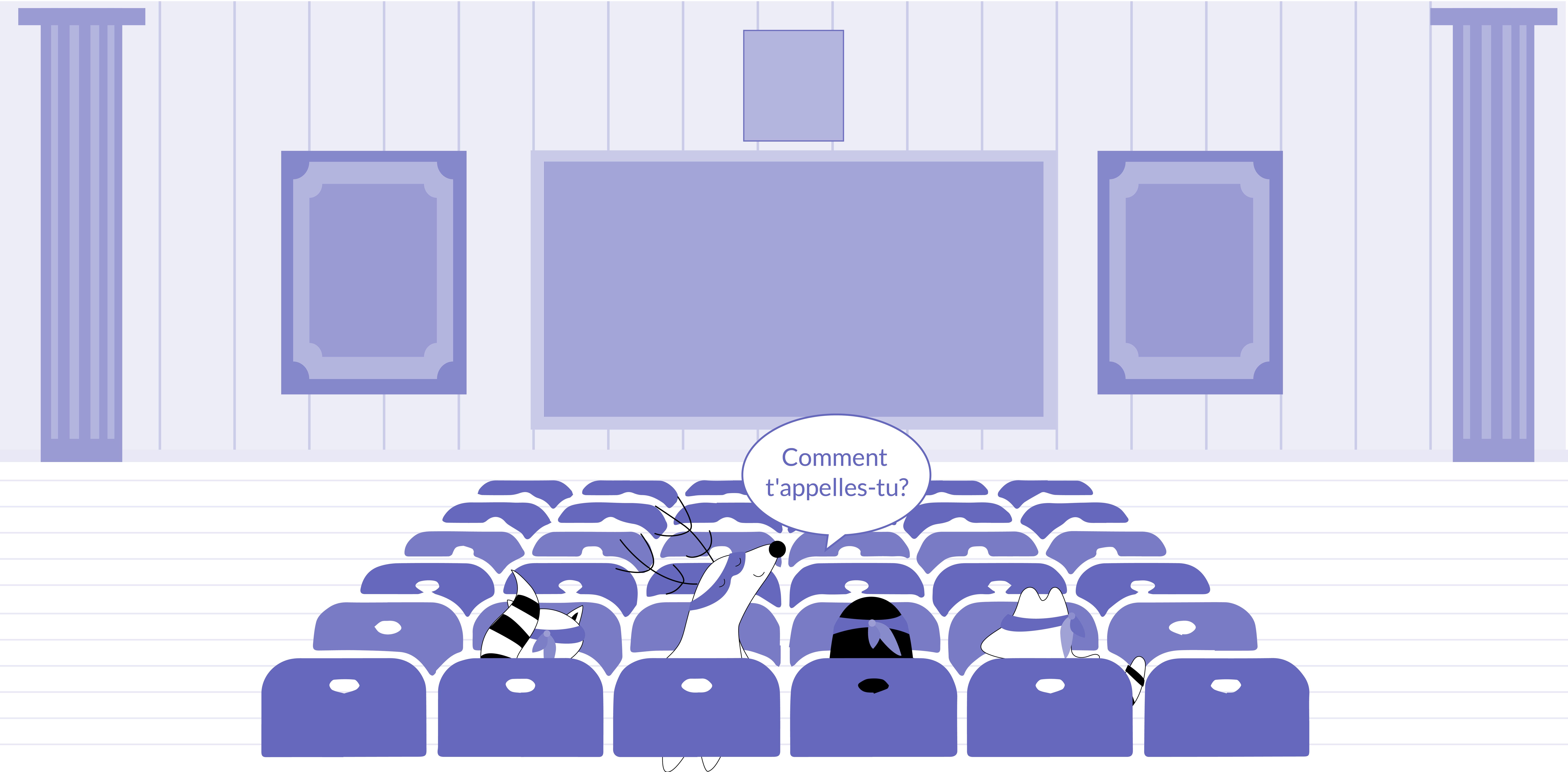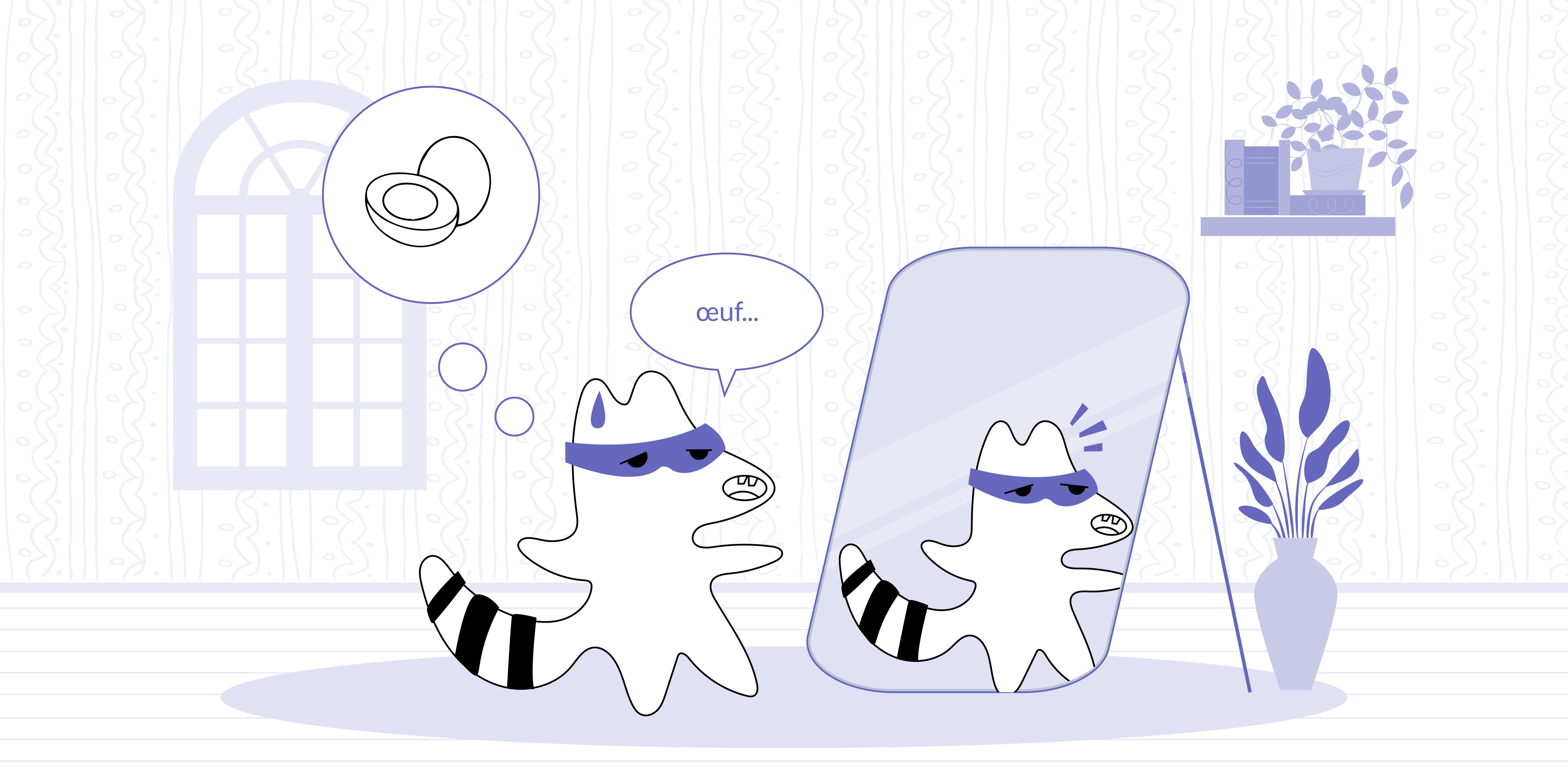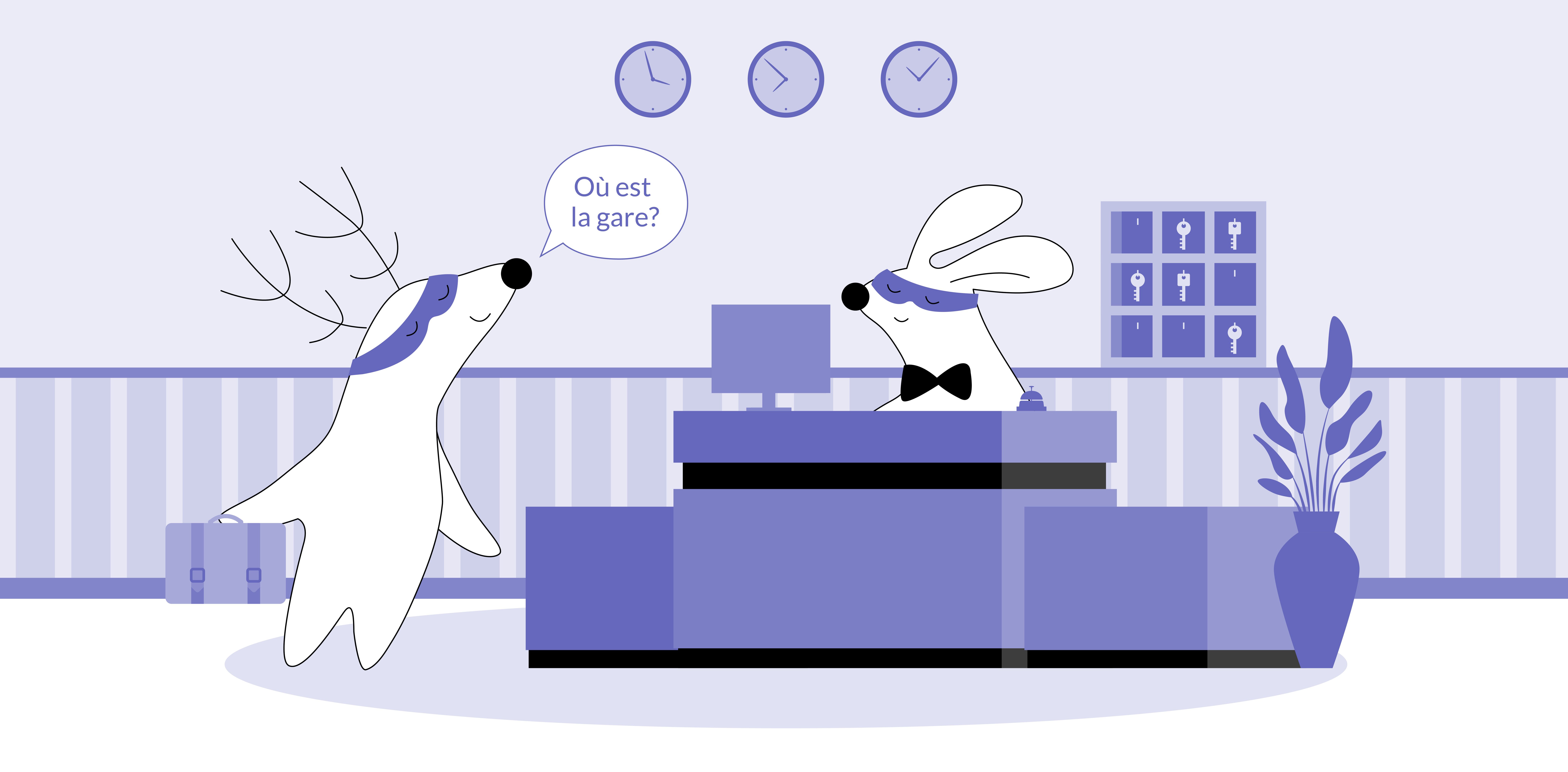
Are you planning a trip to France and want to make sure you can ask for directions? Or, perhaps you just want to impress your French-speaking friends with your language skills? Whatever the reason may be, learning how to ask "Where?" in French is an essential skill.
If you’re already familiar with French question words, you will know that the one you’re looking for here is Où. However, the French language has different ways of asking "Where?" depending on what you are looking for.
In this article, we cover the three main phrases that use the French word Où — Où est, Où sont, and Où est-ce queue — along with some other French words that will help you navigate your way through the beautiful streets of Paris — and your French-learning journey.
Learn French with Langster
The Basics
Before delving into different ways to ask "where?" in French, let's first understand the basics. The word for "where" in French is où, pronounced as "oo." This is a very important word to know and use when navigating through any French-speaking country.
In addition, it's worth noting that the letter combination ou can also mean "or" in French, so be careful not to confuse the two meanings — we’ll explore the difference between these two French words in greater detail below.
Now, let’s take a closer look at how you can ask “Where?” and “Where is?” in French, along with some audio examples to help you pick up proper pronunciation.
Où est
The most basic way of asking "Where?" in French is by using the phrase Où est.
This is a French translation of the English “Where is?”. You can use this phrase when looking for a specific location or object.
French
English
Où est l'hôtel?
Where is the hotel?
Où est le musée?
Where is the museum?
Où est la gare?
Where is the train station?
Où est la banque?
Where is the bank?
Note: Où est should always be followed by a noun.
Keep in mind that French nouns have gender, so depending on what you’re looking for, be sure to use the appropriate definite article when forming your question. Here, we use the definite article le before the masculine noun musée and la before the feminine noun banque.
Où sont
If you are looking for multiple objects or people, you will use the phrase Où sont. This phrase would be translated to “Where are” in English.
French
English
Où sont les toilettes?
Where are the bathrooms?
Où sont mes clés?
Where are my keys?
Où sont les enfants?
Where are the children?
As you can see, this phrase is followed by a plural form of feminine or masculine noun.
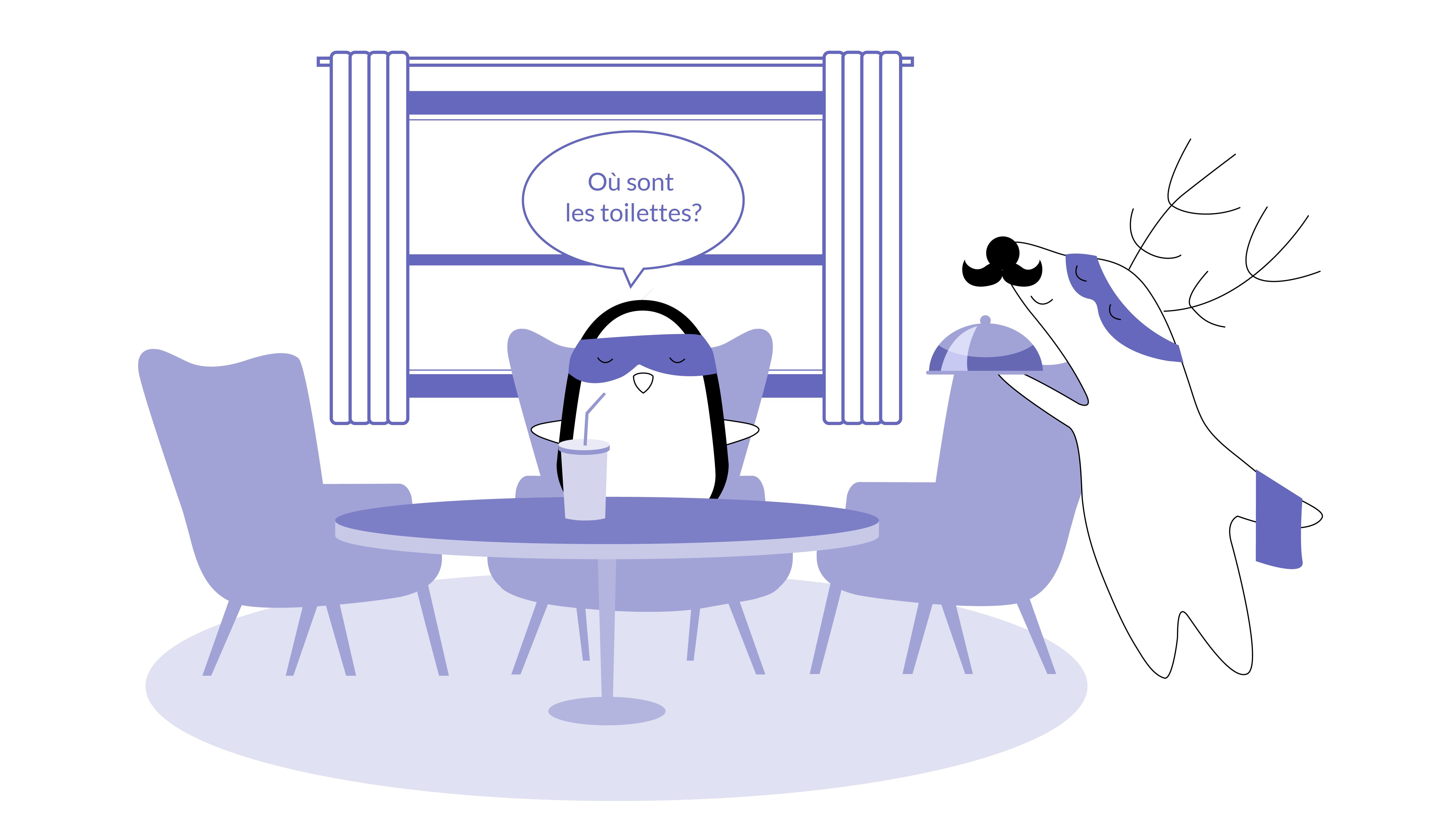
Où est-ce queue
The third (and a bit more formal) way of asking "Where?" in French is by using the phrase Où est-ce queue. This can be seen as a combination of the first two phrases, as it translates to "Where is it that" in English.
It is commonly used in spoken French and can be used for both singular and plural nouns, depending on what you’re looking for.
French
English
Où est-ce que je peux trouver un bon restaurant?
Where can I find a good restaurant?
Où est-ce que vous allez demain?
Where are you going tomorrow?
Où est-ce qu'ils habitent?
Where do they live?
Où est-ce que sont mes lunettes?
Where are my glasses?
Où est-ce que je peux acheter des souvenirs?
Where can I buy souvenirs?
Note: When using this phrase, the verb comes after the noun instead of before, like in the previous phrases.
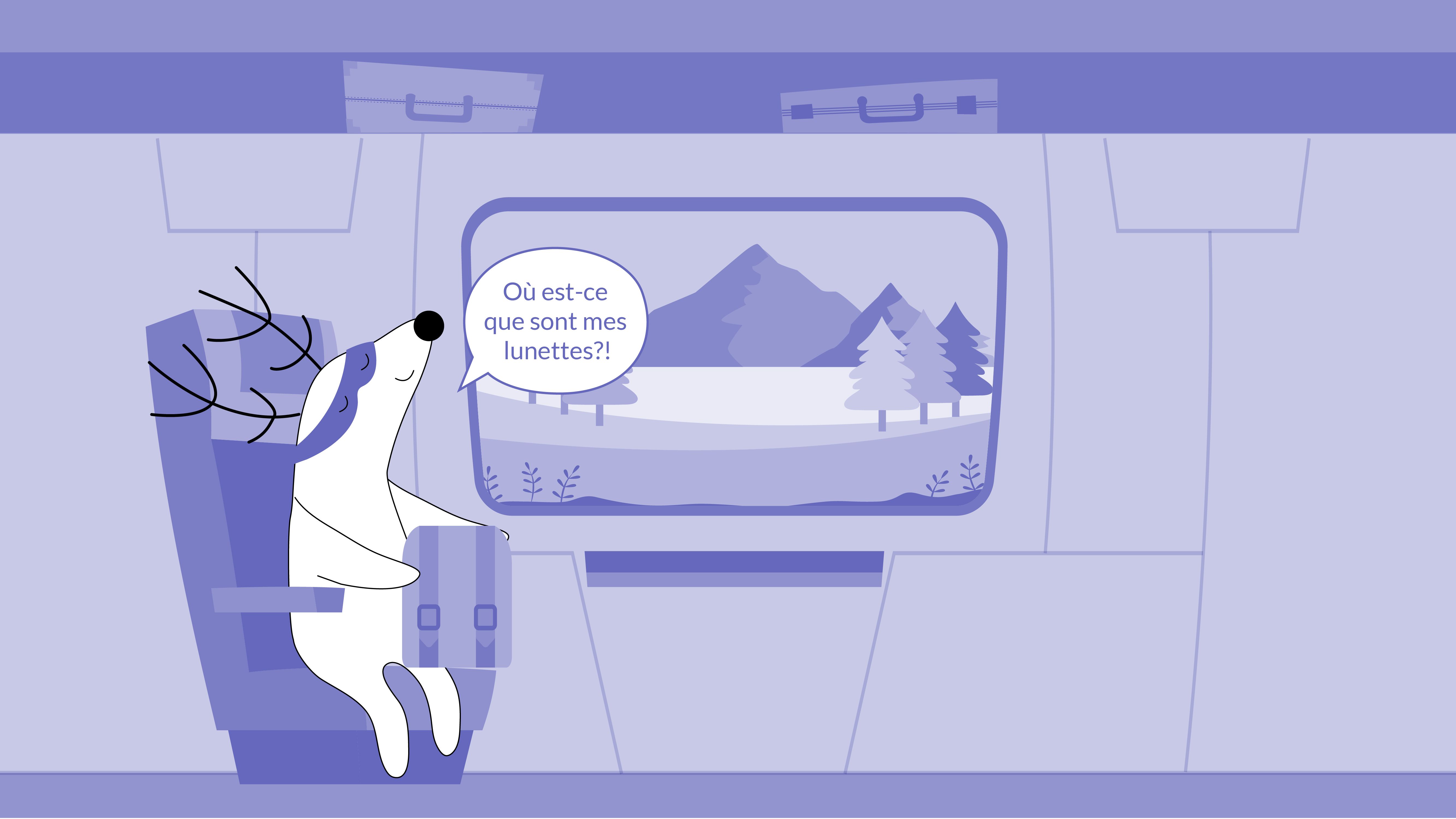
Où vs. Ou
In French, Où and ou may seem similar, but they actually have different meanings. Où means "where," while ou means "or."
The main difference between où and ou is the accent — où has a grave accent and is used to ask “where,” while ou has no accent and is used as a conjunction between two options.
Here is an example to illustrate the difference:
French
English
Tu veux aller où?
Where do you want to go?
Tu veux du poulet ou du poison?
Do you want chicken or fish?
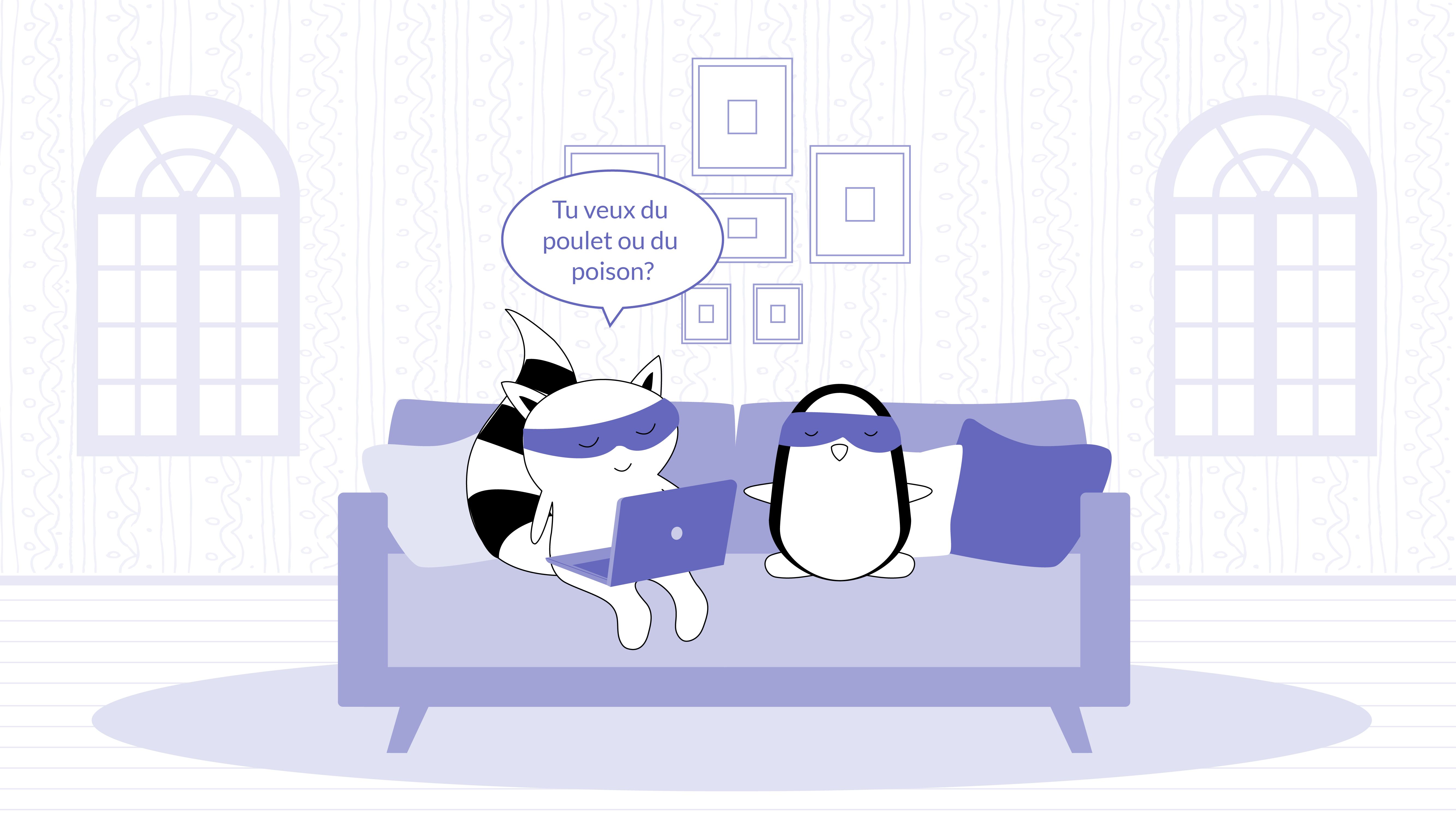
D'où
Lastly, we have the word d'où, which means "from where." This is used when asking for the origin or source of something. Here’s how to use it in a sentence:
French
English
D'où vient cette voiture?
Where is this car from?
D'où proviennent ces fruits?
Where do these fruits come from?
D'où viens-tu?
Where are you from?
D'ou est-ce que tu viens?
Where are you from?
Both D'ou est-ce que tu viens? and D'où venez vous? translate to “Where are you from?” in English. However, while the latter is informal, the former is used in formal settings or when referring to plural nouns.
The Bottom Line
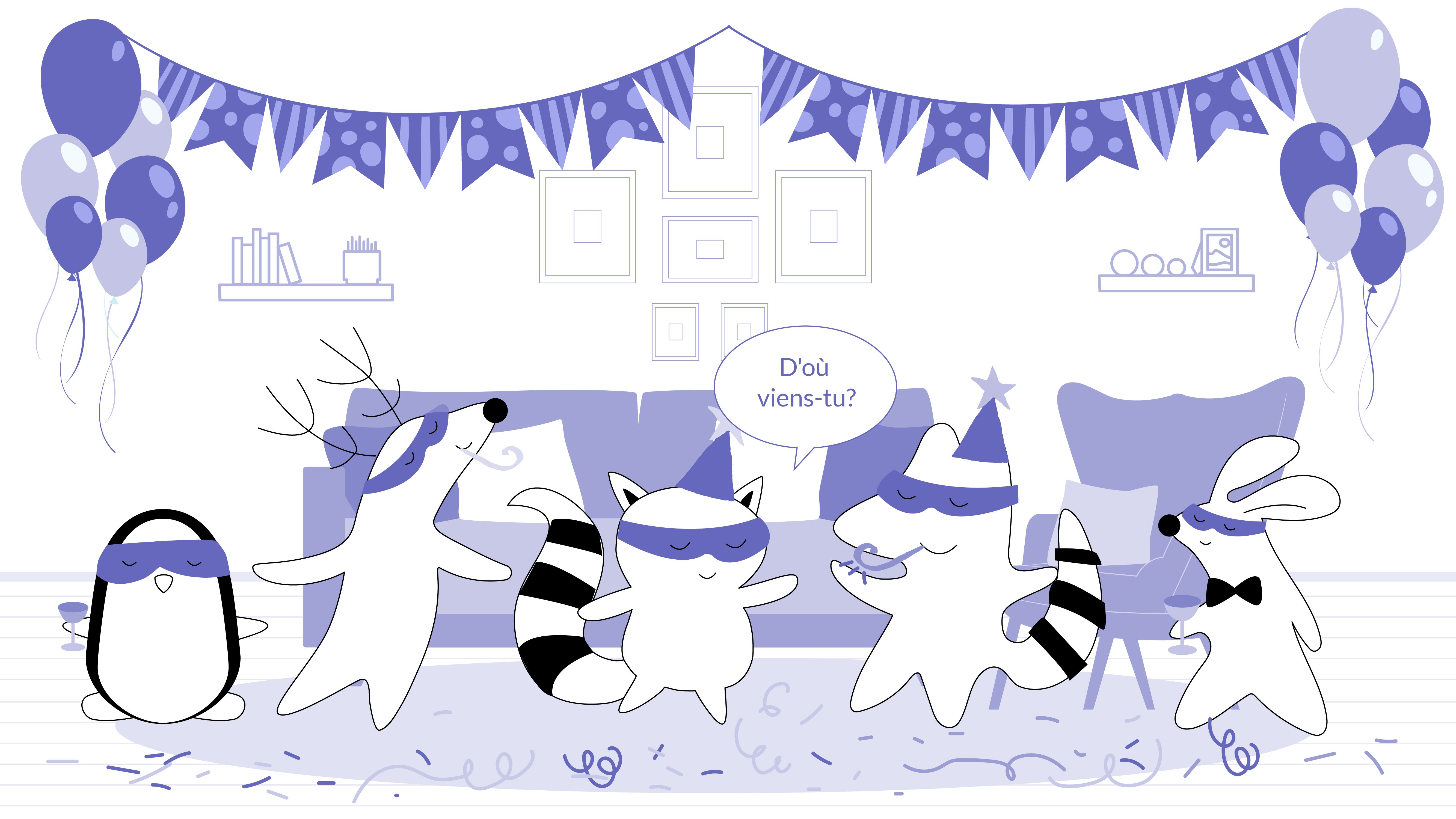
Asking "Where?" in French may seem tricky at first, but with a bit of practice and understanding of the different phrases, you will be able to navigate through any French-speaking country with ease.
Remember to use the correct phrase depending on what you are looking for, and pay attention to the gender of nouns to choose the appropriate definite article. To have more practice at hand, download our Langster app and learn French with stories. Bonne chance!
Learn French with Langster







